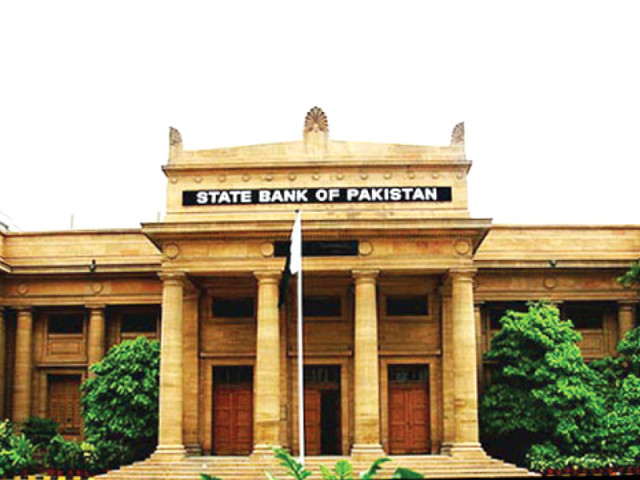LSE professor highlights key areas of governance concerns
Besley says Pakistan needs to develop fiscal, legal and collective capacities

PHOTO: EXPRESS
Besley was delivering a lecture organised by the State Bank of Pakistan in honour of its first Governor, Zahid Husain.
Besley is professor of economics and political science at the London School of Economics and author of the book, ‘Pillars of Prosperity: The Political Economics of Development Clusters’.
He said fiscal capacity is attained through collection of higher taxes, including income tax. The collection should be invested in infrastructure development and provide of education, which should “remain at the heart of states”.
He said the world witnessed a spike in tax collection during world wars. He said that legal capacities may be built through strongly performing judiciary, which should support protection of property rights and competitive market sector.
Citing 2006 data, Besley highlighted three challenges for Pakistan. Challenges then included low income (GDP per capita), government’s inability to levy income tax, and sustainable peace. He framed the three challenges as “pillars of prosperity”, in which he found Pakistan poorer than 108 countries around the globe in 2006 and better than another 42 counties.
India, Afghanistan and many Middle Eastern and a few South American countries were Pakistan’s fellows in poor performance index. The countries were performing better than Pakistan were located in the territories located in Far East, Europe, North American and Canada.
Governor, State Bank of Pakistan, Ashraf Mahmood Wathra highlighted the role of the central bank in solidifying state efforts to achieve a higher and sustainable economic growth in Pakistan. “In fact, SBP is one of the few central banks having economic development as part of its mandated act,” he said.
Published in The Express Tribune, December 14th, 2016.
Like Business on Facebook, follow @TribuneBiz on Twitter to stay informed and join in the conversation.




1733130350-0/Untitled-design-(76)1733130350-0-208x130.webp)













COMMENTS
Comments are moderated and generally will be posted if they are on-topic and not abusive.
For more information, please see our Comments FAQ